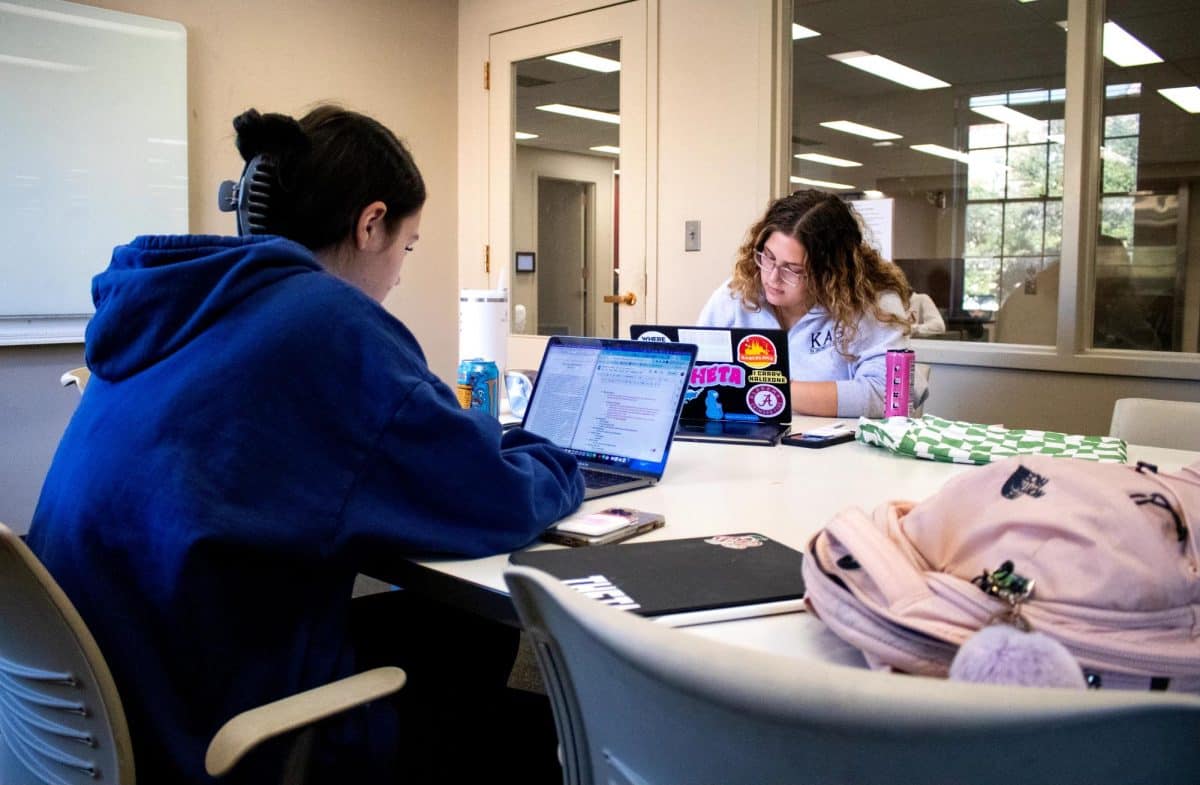In the fall of 2015, my GBA 300 class was assigned to a consulting project: to develop a strategic business plan for a startup non-profit in Honduras. Throughout the semester, we looked at different initiatives for creating change; we were tasked with understanding the demographics specific to this region, as well as analyzing aid organizations to see why some worked and why others failed. Before the first client meeting, my professor left us with the following story.
“I have this friend who, for roughly 45 years, has had scars on her feet. She says whenever someone sees them, they tell her lotion would absolutely help. To that she says, “Wow, how did I get to be this old and never try lotion? Thank you so much!”… The point of this story is don’t make recommendations and don’t offer your clients lotion.”
Initially, our class was (admittedly) ignorant. After 45 minutes of Google searching about Honduras and non-profits, we were “experts.” When it came time for discussion, we jumped at the opportunity to vocalize suggestions on new initiatives or critique old programs.
At the close of the meeting, our professor was not pleased. “How can you offer solutions when you don’t even understand the problem?”
In essence, being a consultant means that someone is paying you for professional insight into a problem, prescribing a solution, implementing that change or any combination of the three. In my experience, I have learned that while no two consulting problems are alike, the steps for fixing them follow a similar pattern. That pattern starts with understanding why something needs fixing and what value that change should bring to the client. So how does this apply to foreign aid?
Something interesting to me when I came to college was the emphasis on mission trips and “voluntourism.” Students pay hundreds or thousands of dollars to spend a week, maybe two, living in a poor or impoverished part of the world. Their work may involve building a church or working in an orphanage. Students are praised for participating in these “alternative holidays,” swapping rowdy Spring Breaks for the jungles of Central America.
This industry is huge, both in terms of human and financial capital. Annually, over 1.6 million people spend their vacations volunteering, costing them about $2 billion to do so. A large investment should ensure a large return, right?
Contrary to popular belief, voluntourism has been proven to create more harm than good. While building a school or church seems useful, unskilled volunteer laborers take jobs from community members. Not only does the quality suffer, but the volunteer’s expenses, after travel, room, and board, could be applied in the community with a multiplier effect. For orphanages, when volunteers become the primary source of caregiving, children have less structure and familiarity than they would with their own families. This results in a lower quality of caregiving and attachment disorders for the orphans. Voluntourism operates on the idea that, while an individual doesn’t speak the language, doesn’t understand the culture, and doesn’t consult with locals they have the know-how to fix a region’s issues. Simply posting a picture with a poor baby proves the success of a week’s worth of efforts. Volunteers keep prescribing lotion – temporary, obvious solutions that have been unsuccessfully tried over and over again.
Consultants fully immerse themselves when working with a new client. They spend hours talking to stakeholders, understanding the day-to-day procedures, how people’s roles fit together, what isn’t working, and why it hasn’t been fixed already. If they don’t understand a component, for example a certain coding language needed to rewrite an existing program, they bring in someone else. They don’t assume they can fix it with amateur skills and understanding. They work side-by-side with clients – not above them, but with them. They are learners first and teachers second.
Voluntourism does not take into account the time required to truly understand an issue. It operates on the assumption that coming from privilege, wealth and education prepares you to solve all of the world’s problems, even ones you have never encountered. It never stops to ask “why am I doing this, has anyone asked for this help, and what is the real, differentiated value of my contribution?”
I recognize that no one wants to be told that their efforts are in vain, or about the importance of developing a global mindset. That being said, it is important that such personal growth is not at the expense of thousands of other people. If we applied consulting practices to how we tackle foreign aid, we would see the misconceptions about the good we’re “creating” and start taking measures to initiate sustainable, thoughtful change.
Elise Ferrer is a senior majoring in management information systems and accounting. Her column runs biweekly.









